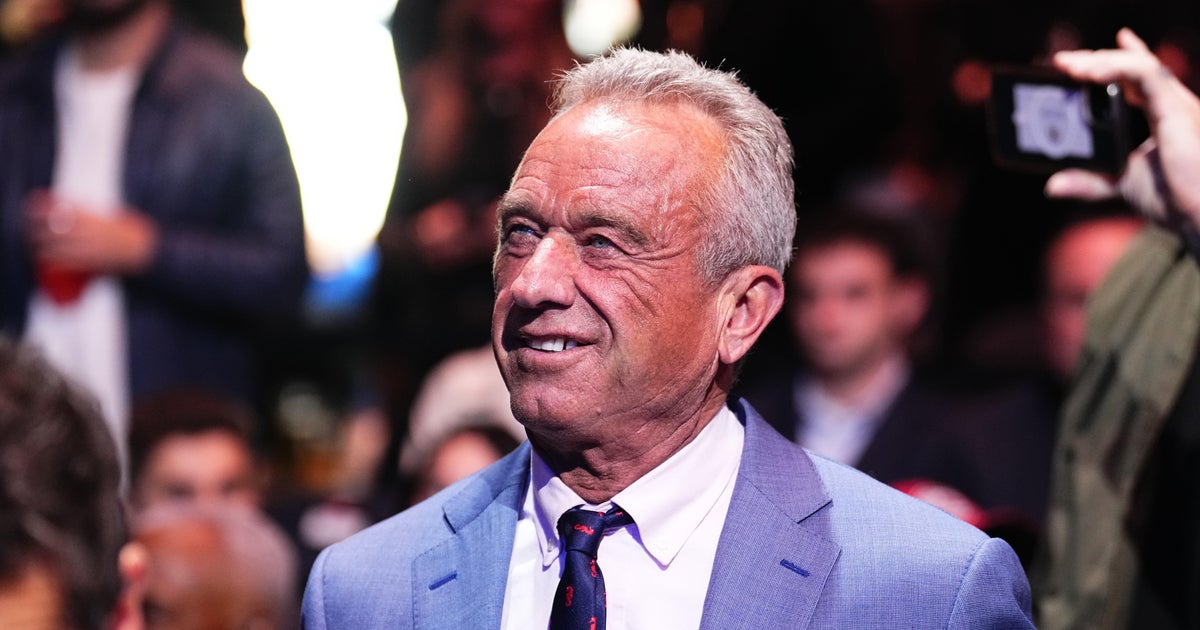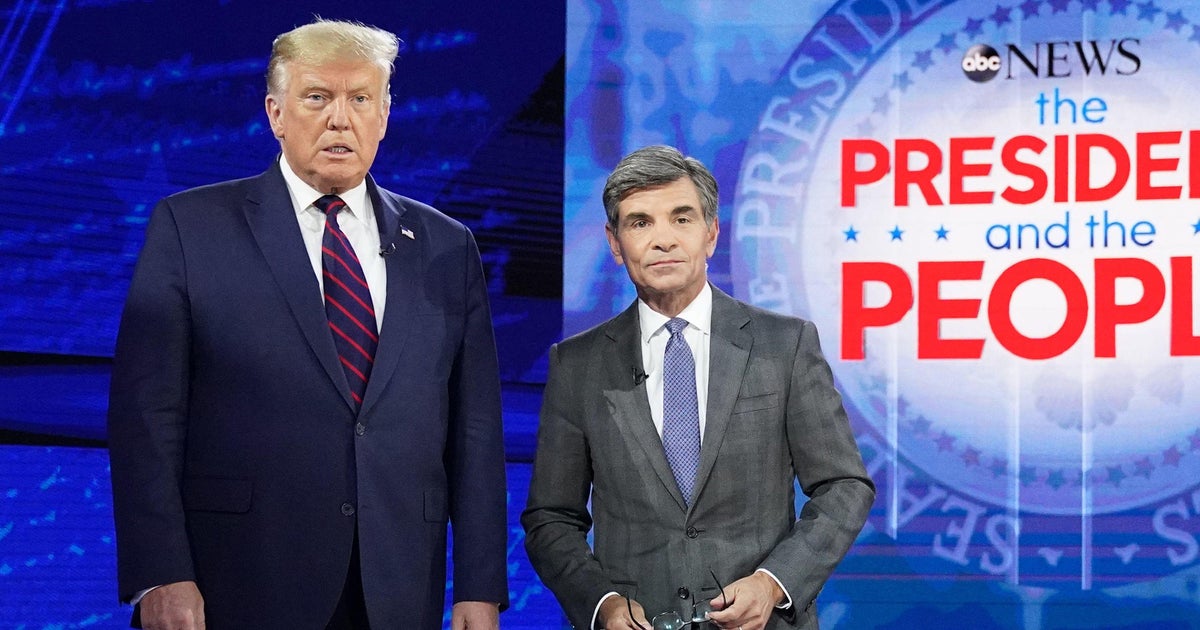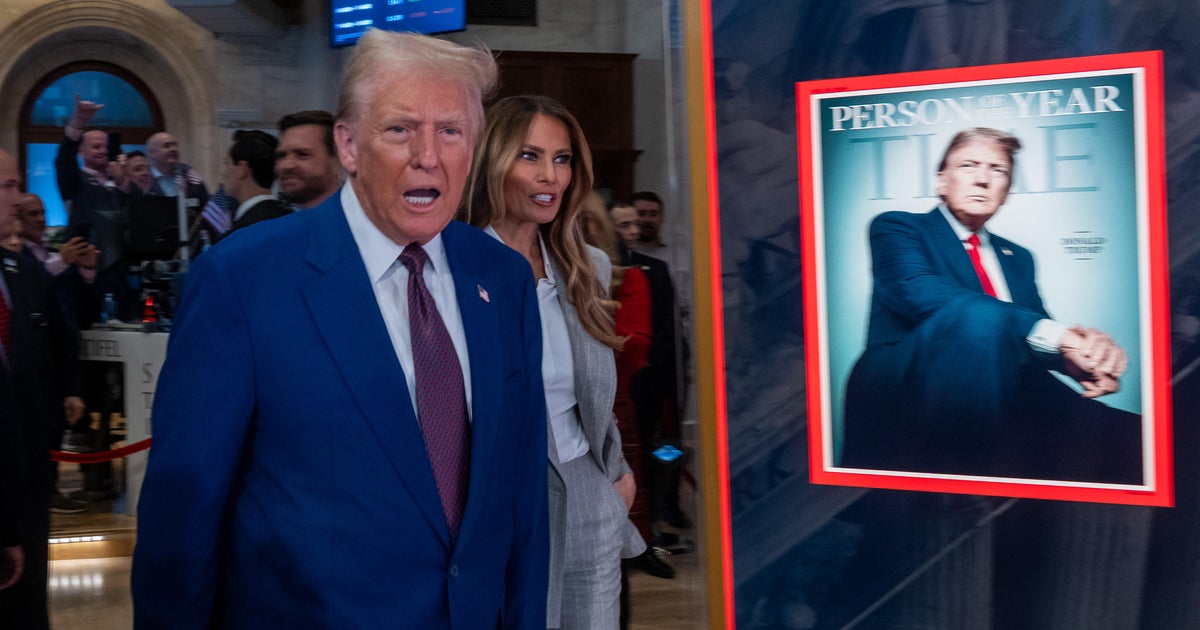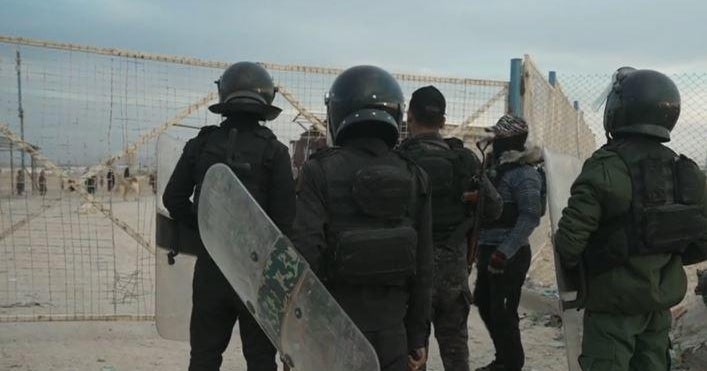White House to help Israel and Palestinians in joint effort on water contamination
The Trump administration says the U.S. will join Israel and the Palestinian Authority on an issue seen as a rare place of common ground in the area: water contamination.
"Contaminated water is the single largest cause of illness and disease among infants in Gaza – think about that for a moment," Jason Greenblatt, the White House Middle East envoy, said in a speech Monday in New York City. Parents in Gaza cannot even give their children a drink of water without exposing them to significant risks."
"Israel and the Palestinian Authority have both identified wastewater treatment and reuse in the West Bank and Gaza as a priority issue," he added. "I am pleased to announce that the United States will join them in this endeavor by working to advance a plan that transforms the wastewater treatment and reuse sector in the West Bank and Gaza."
Water has been one inroad in the Trump administration's efforts to help bring peace between Israel and the Palestinians, and an issue Greenblatt has been involved with for months.
In July, Greenblatt facilitated a water-sharing agreement between Israel and the Palestinian Authority to help provide additional water to the West Bank and Gaza Strip, in addition to Jordan.
But this is an entirely separate move, according to a White House official, which involves developing a comprehensive wastewater treatment and reuse strategy, as well as a mechanism to fast-track the identified projects.
The goal, the official said, is to reduce pollution and supply the Palestinians with additional treated water for agriculture reuse.
"The United States looks forward to working with international leaders in wastewater treatment to ensure that this initiative is a success," Greenblatt said in his remarks.
While Greenblatt focuses on the practical issues of the co-existence of two de facto states, the White House has not said it is committed to the creation of them. This move reflects the reality that the administration is trying to make the status quo more livable, rather than solving the bigger issues right now.
Greenblatt's speech to the Ad-Hoc Liaison Committee was positioned as separate from United Nations meetings taking place this week in New York.
CBS News White House and Senior Foreign Affairs Correspondent Margaret Brennan contributed to this report.



